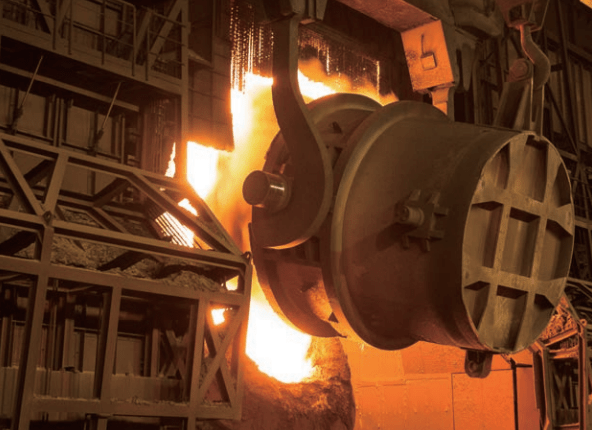Japan files a complaint in the WTO against the duties imposed by China on certain steel products.
Accordingly, Japan requested consultations regarding China’s measures imposing anti-dumping duties on stainless steel plates, hot rolled rolls and hot rolled plates from Japan.
These measures are set out in Announcement No. 9 of 20192 and Announcement No. 31 of 20193 of the Ministry of Commerce (Mofcom), including all and any annexes and modifications thereof.
Japan claims that the measures in question, imposed in 2019 by the Chinese Ministry of Commerce, appear to be inconsistent with various provisions of the General Agreement on Tariffs and Trade (GATT) 1994 and the Anti-Dumping Agreement.
Since January 1, 2017, Japan has intervened, as a complainant, in two new dispute settlement cases against the Republic of Korea (Measures Affecting Trade in Commercial Vessels and Sunset Review of Anti-Dumping Duties on Steel Bars. stainless steel) and in a new case against India (Tariff treatment of certain products).
Japan has also participated in a new case as a defendant (Measures Concerning the Export of Products and Technology to Korea).
Steel products
As a first step, the request for consultations formally initiates a dispute in the WTO.
Thus, the consultations give the parties the opportunity to discuss the issue and find a satisfactory solution without reaching the dispute.
If the consultations have not allowed the dispute to be resolved after 60 days, the complainant may request that a panel (dispute resolution panel) resolve it.
Among other arguments, Japan argued that the measures against the corresponding steel products violate Articles 3.1 and 3.2 of the Anti-Dumping Agreement, because China’s injury determination was not based on positive evidence and did not include an objective examination of effect. of the imports under investigation.
The WTO is the most important trade forum worldwide, being the only institution that deals with the rules that govern international trade between countries, through a multilateral framework of disciplines that establish the principles of liberalization, as well as the flexibilities allowed.
Its main function is to ensure that trade operates as smoothly, predictably and freely as possible.
![]()

